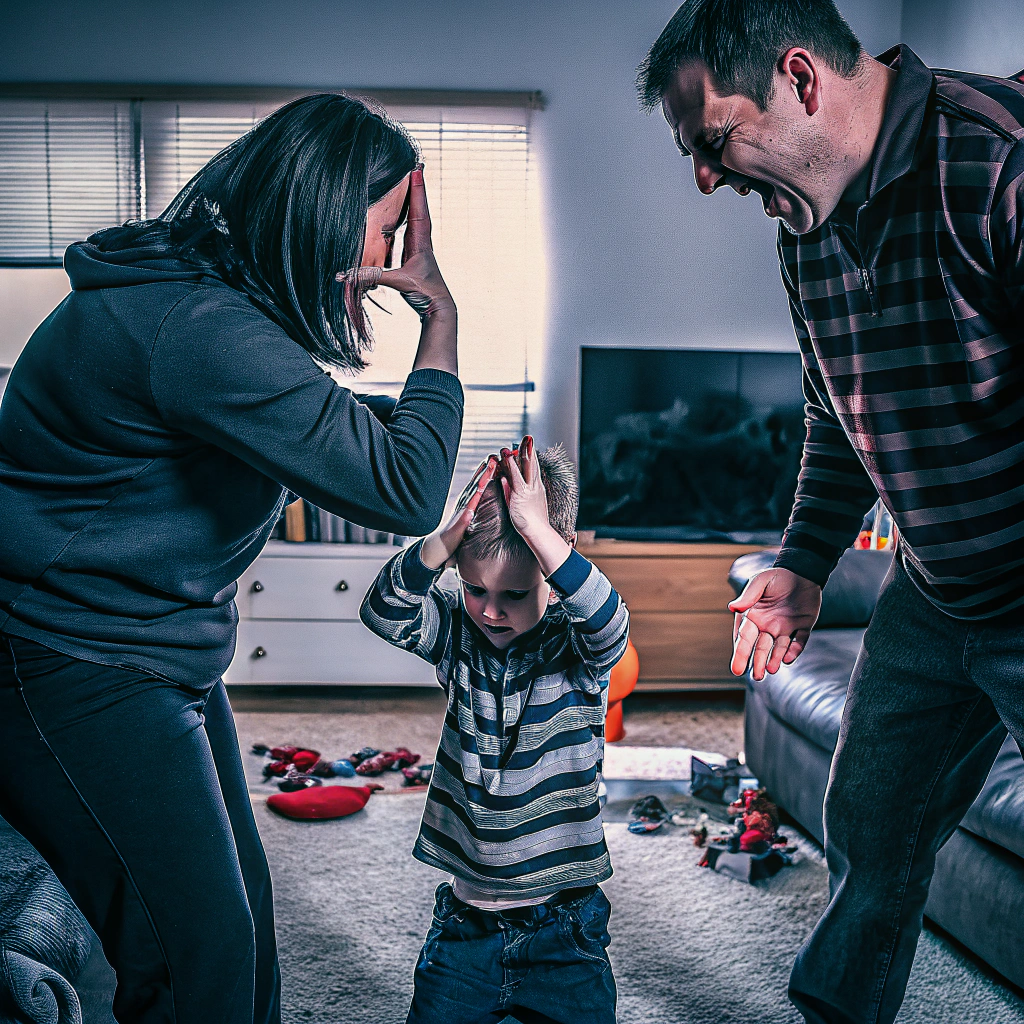Parenting can be one of life’s most rewarding experiences, but it also comes with its challenges—especially when you’re faced with Big Baffling Behaviors in Kids. These behaviors can feel overwhelming, confusing, and sometimes even isolating. Let’s explore what these behaviors mean, why they occur, and how you can navigate them with empathy and confidence.
1. Understanding and Managing Big Baffling Behaviors in Kids
Big baffling behaviors often stem from a child’s inability to regulate their emotions or communicate their needs effectively. These can include frequent meltdowns, defiance, aggression, or shutting down. Instead of viewing these behaviors as “bad,” it’s helpful to see them as a form of communication—a signal that your child needs help managing something they cannot handle on their own.
Key strategies to understand and manage these behaviors:
- Pause and observe: Try to identify the triggers behind the behavior. Is your child hungry, tired, overstimulated, or feeling misunderstood?
- Stay calm: Your response can either escalate or de-escalate the situation. Model emotional regulation to show your child how to handle frustration.
- Empathy over punishment: Instead of reacting with anger or discipline, validate your child’s feelings. For example, say, “I see you’re upset. Let’s figure this out together.”
2. Parenting Strategies for Kids With Big Baffling Behaviors

Once you understand the “why” behind the behaviors, you can create strategies to guide your child through these tough moments. Effective parenting doesn’t mean eliminating all challenging behaviors but equipping yourself and your child with tools to handle them.
Here are a few practical strategies:
- Use predictable routines: Consistency can reduce anxiety and make children feel secure, which minimizes outbursts.
- Teach coping skills: Encourage your child to take deep breaths, use calming techniques, or express their emotions through words or art.
- Positive reinforcement: Praise good behavior, even small efforts. This builds confidence and motivation to try better next time.
- Seek support: Don’t hesitate to reach out to professionals, teachers, or parenting communities when behaviors become too challenging to handle alone.
3. Raising Resilient Kids: Tackling Big Baffling Behaviors Together
Raising a child with big baffling behaviors can be emotionally taxing, but it also presents an opportunity to strengthen your bond as a family. By working through these challenges together, you’re teaching your child resilience, problem-solving, and emotional intelligence.
Remember:
- You’re not alone in this journey. Many parents face similar struggles.
- Progress takes time. Celebrate small victories and remain patient with both yourself and your child.
- Self-care matters. Managing challenging behaviors is easier when you’re recharged and emotionally healthy.
Every child is unique, and their behaviors—no matter how baffling—are an opportunity to learn, grow, and connect. By approaching these moments with understanding and compassion, you can help your child thrive while building a stronger family bond.
Conclusion
Parenting kids with big baffling behaviors can feel overwhelming at times, but it’s also an opportunity to foster growth—for both you and your child. By understanding the root causes of their actions, implementing compassionate strategies, and focusing on connection rather than control, you can navigate these challenges with confidence and patience.
Remember, your child’s behaviors are not a reflection of your worth as a parent but rather a call for guidance and support. Through empathy, consistency, and the right tools, you’re equipping your child with lifelong skills for resilience and emotional regulation. Progress may take time, but each step you take together strengthens your bond and lays the foundation for a brighter future.
Stay kind to yourself, lean on your support systems, and celebrate small victories—because every effort counts in this rewarding journey of raising kids with big baffling behaviors.

